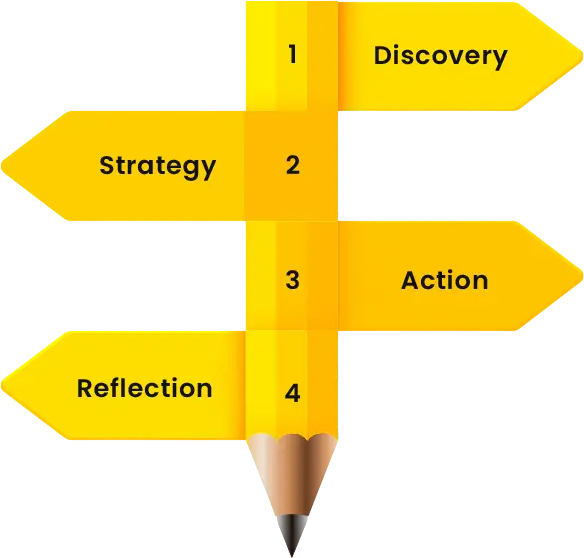Despite their subtlety, covert narcissists share the same core characteristics as overt narcissists:

Covert narcissism is a form of narcissistic abuse that is insidious, subtle, and often goes unnoticed until it is too late. Unlike overt narcissists who are easily recognizable due to their blatant egocentric behaviors, covert narcissists operate under the radar, making them extremely dangerous. In my twenty years of working with narcissistic abuse survivors, I have found that the majority of abusers are covert narcissists. This blog aims to shed light on the characteristics of covert narcissists and provide tools for identifying and dealing with them.
Covert narcissists, unlike their overt counterparts, do not openly display their narcissistic traits. They are often quiet, shy, introverted, and avoid the spotlight. This makes them harder to spot and thus more dangerous. They may present as humble, attentive, caring, and even empathetic, which is why many fall into their traps.
Many people believe they can spot a narcissist a mile away. However, this is often not the case with covert narcissists. To uncover a covert narcissist, you need specific tools and good relationship skills.

If you or anyone you know that is struggling with mental health, please let them know WhatsTheFear.com is here to help with expert coaches, empathetic support, and unlimited motivation.
To protect yourself from covert narcissists, it is essential to build strong relationship skills:
“Keep your face to the sunshine and you cannot see a shadow.”
– Helen Keller
Dealing with covert narcissists can be challenging, but with the right tools and awareness, you can protect yourself and begin the healing process. Remember, covert narcissists are skilled at hiding their true nature, but by asking the right questions, observing their behavior, and setting strong boundaries, you can unmask them and safeguard your well-being.
If you are recovering from narcissistic abuse, it is crucial to seek support and surround yourself with a community that understands your experience. Healing is possible, and you deserve to live a life free from manipulation and control.
Join our recovery community by signing up for our newsletter to receive more insights and support on your journey to healing from narcissistic abuse.

Colloboration Inquiries:
What’s The Fear LLC is an active member of the community and wants to help promote and participate in impactful projects.
Client Support:
What’s The Fear LLC is dedicated to responding to your questions, concerns and feedback in a timely manner.
Copyright © 2024 WhatsTheFear LLC | Unlimited Personal Growth